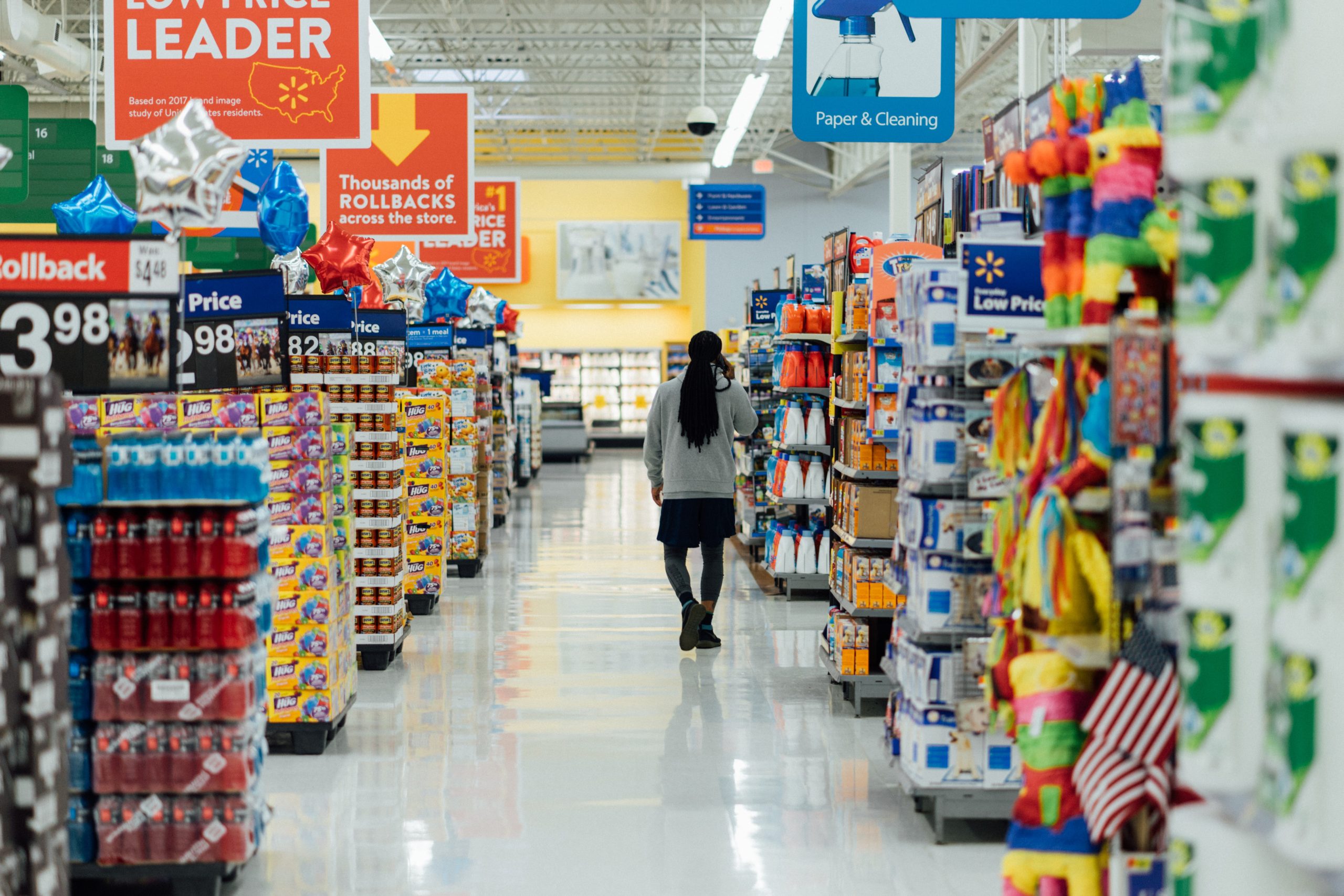Being the biggest retail market globally, the US retail market, in almost 20 years, has doubled its size to $6.6 trillion and it is estimated to reach almost $8 trillion by 2026. Though the pandemic has decelerated this growth, simultaneously, it forced many retailers to speed up their long-term commitments to transformational thinking in terms of digitalization and culture. The retail sector of the country supports more than 50 million positions in the labor market, but the employers will have to adapt to the new reality by humanizing work conditions and building new skills for their employees.
The pandemic proved that it is more than essential to become more resilient and flexible in crisis resolution. This concerns also the supply chain which proved to be very fragile. According to Deloitte, the consumer of today values most stock availability. A stockout will shake consumer loyalty and confidence. Therefore, the retail players should shift their focus towards developing and adopting more flexible inventory forecasting models and continuously search for new partnerships.








